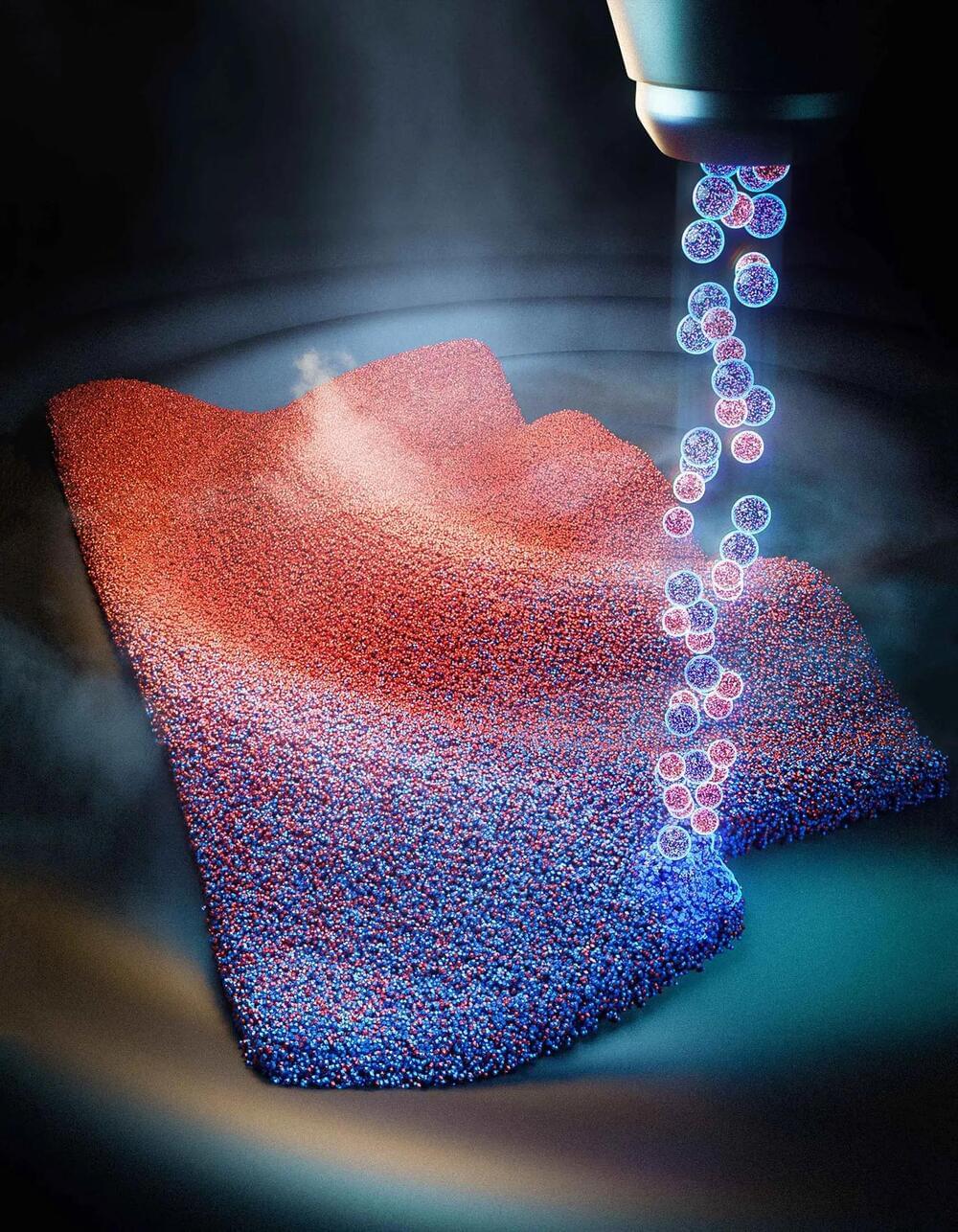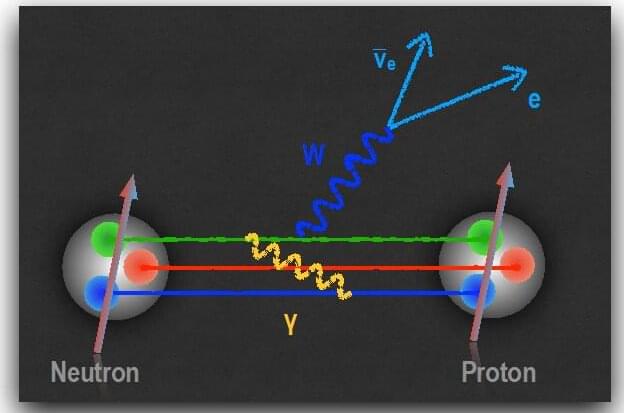A groundbreaking revelation has the scientific community buzzing: a possible encounter with a parallel universe. Researchers suggest that signs from the universe’s furthest reaches may indicate another vastly different universe has touched ours, potentially disrupting our universe’s fabric. This interpretation could validate the multiverse theory.
Researcher Dr. Ranga-Ram Chary examined the cosmic microwave background’s noise and residual signals — the remnants of the Big Bang. He discovered several sporadic bright spots, which he speculates could be the echo of our universe colliding with another billions of years ago.
This interpretation is tentative, but aligns with some cosmological theories suggesting that interactions between alternative universes could occur. These theories propose our universe is merely one bubble among countless others. Once a universe initiates in a Big Bang-like event, it perpetually expands. This rule applies to all universes, implying periodic intersections could occur.
Original paper is at https://arxiv.org/pdf/1809.09615.pdf







